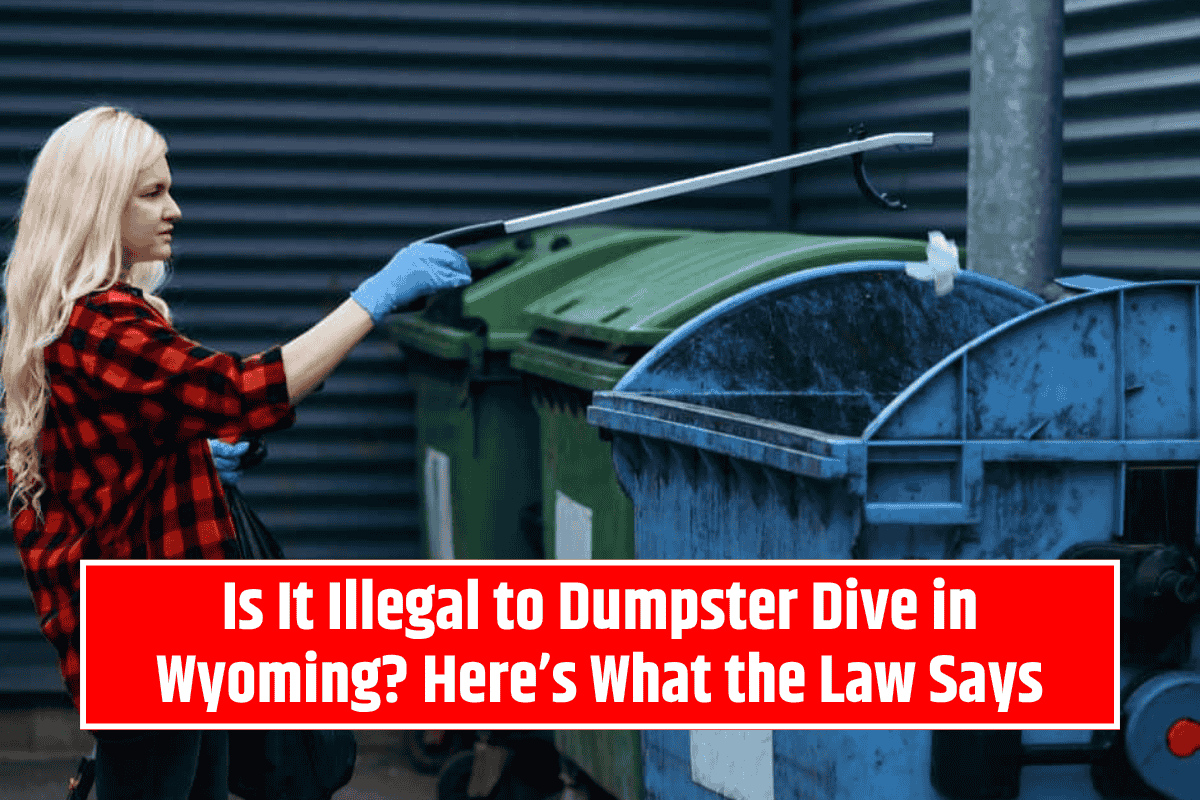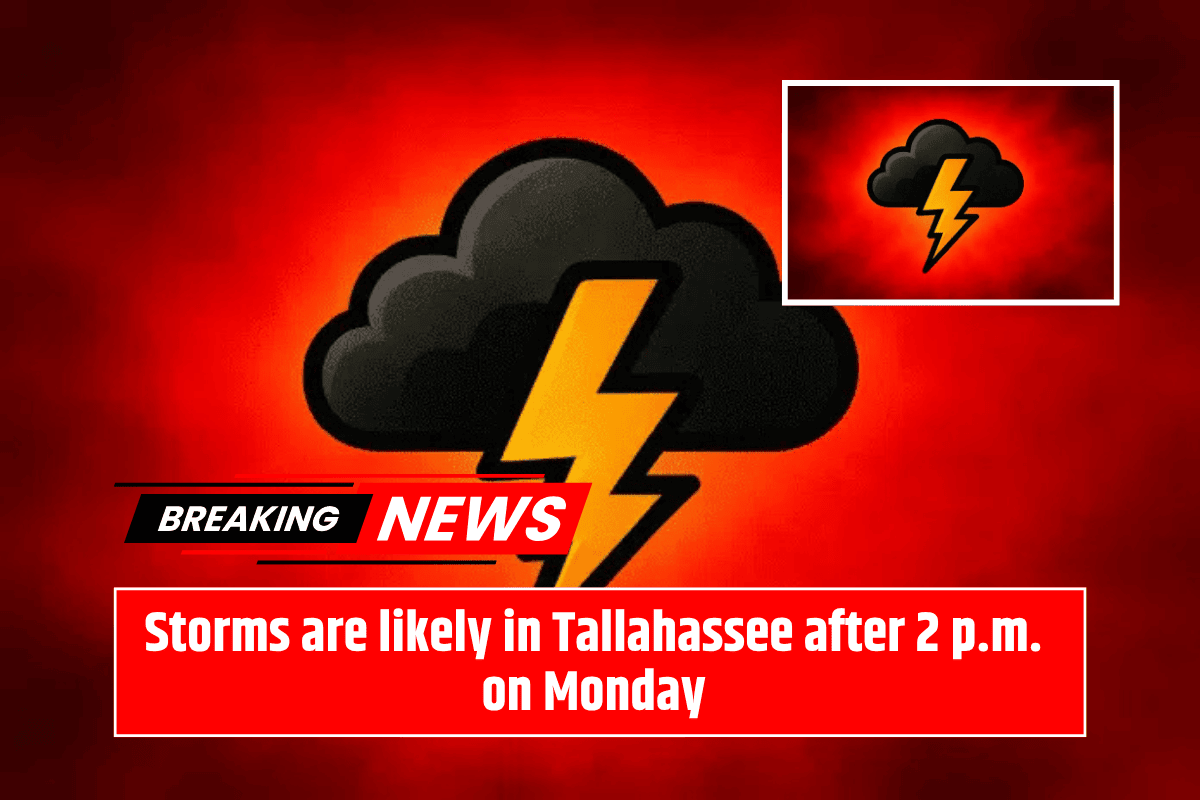Dumpster diving might seem like an easy way to find food, furniture, or other items that are still useful. For some, it’s even a way to reduce waste or save money. But before you dive into a dumpster in Michigan, it’s important to understand the legal implications of the activity.
Dumpster diving laws can vary greatly from state to state, and Michigan has its own set of rules that determine when and where it might be considered illegal. Here’s what you need to know before diving into a dumpster in Michigan.
What Is Dumpster Diving?
Dumpster diving refers to the act of searching through trash, dumpsters, or waste containers to find items that can be reused, recycled, or consumed. While it is commonly seen as a form of recycling, it can raise concerns about health and safety, especially when food is involved. But beyond the health risks, there are also legal risks to consider.
Is Dumpster Diving Legal in Michigan?
In Michigan, dumpster diving itself isn’t necessarily illegal, but certain factors can make it unlawful. Here’s a breakdown of the key legal issues involved:
1. Trespassing Laws
One of the most common legal issues with dumpster diving in Michigan is trespassing. In general, if you are dumpster diving on private property, you could be trespassing. Even if the dumpster is on public property, if you have to cross onto private land (for example, to get to the dumpster in an alley behind a store), you could be violating trespassing laws. Trespassing is a misdemeanor in Michigan and can result in fines or even arrest.
2. Theft and Property Rights
Another legal issue to consider is theft. Dumpster diving on private property may be considered theft if you take something that is technically still the property of the business or homeowner. While businesses may throw away items they no longer want, those items often remain their property until they are disposed of in a way that completely removes ownership (such as when they are taken to a landfill). Taking items without permission could be considered theft, and you may face criminal charges for it.
3. Local Ordinances
Different cities and towns in Michigan have their own local laws regarding dumpster diving. Some municipalities may have specific ordinances that prohibit dumpster diving altogether, or they may have strict rules about when and where it’s allowed.
For example, cities like Detroit and Grand Rapids may have local regulations that restrict access to dumpsters, particularly in commercial areas or near certain types of businesses, like grocery stores or restaurants.
4. Health and Safety Concerns
Another factor to consider is public health and safety. While Michigan does not have specific laws outlawing the act of diving for food in dumpsters, businesses that discard food products are often required to follow health and safety codes. Dumpster diving for food can put individuals at risk of consuming spoiled or unsafe food.
For example, food that has been exposed to bacteria or other harmful elements can lead to foodborne illnesses. Therefore, while not illegal, dumpster diving for food could pose significant health risks.
How Do Michigan’s Laws Apply to Public vs. Private Property?
Laws can vary depending on whether you’re diving on public or private property. Here’s a closer look at both scenarios:
- Public Property: If you are dumpster diving on public property (such as a city park or public sidewalk), it is generally less likely to be considered trespassing. However, if you are still taking items that are technically owned by the city or a municipality, it could be considered theft. Additionally, local ordinances could impose restrictions on the use of dumpsters or trash containers located in public areas.
- Private Property: Dumpster diving on private property is where the legal risks are highest. If a business or homeowner has their dumpster on private property, you could be charged with trespassing or theft if you go through their trash without permission. Property owners have the right to protect their belongings, including what they throw away, and unauthorized access to their dumpsters can result in legal trouble.
What Are the Potential Consequences of Dumpster Diving in Michigan?
The consequences of dumpster diving in Michigan depend on the circumstances. Here are some potential risks you may face:
- Trespassing Charges: As mentioned, you could be charged with trespassing if you are on private property without permission. Trespassing can result in a fine or even jail time, depending on the severity of the offense.
- Theft Charges: If the items you take are considered to still be the property of the business or homeowner, you could be charged with theft. This could result in criminal charges, fines, or restitution.
- Fines: Many cities and municipalities have local ordinances that impose fines on people who go through trash containers or dumpsters in unauthorized areas. These fines can range from a small fee to larger amounts, depending on the location and the specifics of the ordinance.
How to Stay Within the Law When Dumpster Diving in Michigan
If you’re determined to dumpster dive in Michigan, there are a few steps you can take to ensure you stay within the law:
- Get Permission: If you want to avoid the risks of trespassing, always ask for permission before diving into someone’s dumpster. This is particularly important for private property owners or businesses that may have legal claims over what is thrown away.
- Check Local Ordinances: Familiarize yourself with the local rules in your area. Some cities may have specific regulations about dumpster diving, including designated hours or areas where it’s permitted.
- Avoid Commercial Areas: Businesses, especially grocery stores or restaurants, may be more likely to press charges if you are caught going through their dumpsters. Avoid diving in areas where the property is actively being monitored or in high-traffic commercial areas.
- Be Mindful of Safety: If you’re dumpster diving for food or items that could be unsafe, make sure you check them carefully. Food in dumpsters may be unsafe to consume and can lead to serious health risks.
While dumpster diving itself is not illegal in Michigan, several laws and regulations can make the practice risky. The biggest legal concerns are trespassing, theft, and violations of local ordinances.
To stay within the law, always get permission from property owners, check local regulations, and be mindful of health and safety risks, especially if you’re considering taking food from a dumpster. By being aware of the legal landscape, you can help ensure your dumpster diving experience is safe and legal.
















Leave a Reply